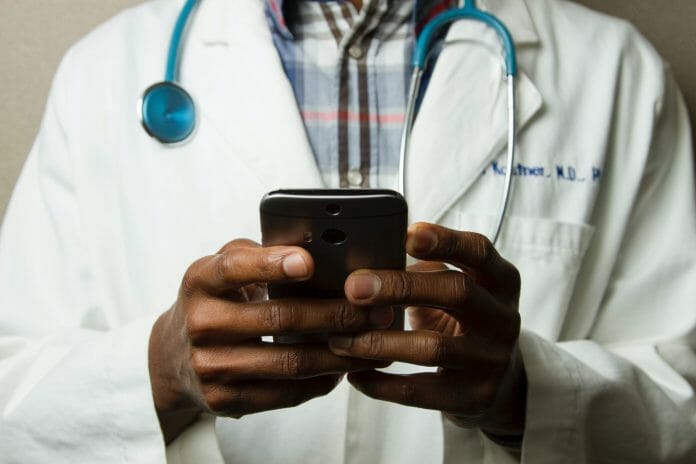Telehealth technology is one of the strategies to further develop the national healthcare sector while helping to advance it as the use of technology in the sector is still low, said Health Digital Technologies (DoctorOnCall) co-founder Hazwan Najib.
DoctorOnCall is a local company set up in 2016 that offers telehealth and digital pharmaceutical services to bridge the demand-supply gap to provide online healthcare services to those who lack access to the nearest clinics and hospitals.
Hazwan said the use of technology in the healthcare sector is only about five per cent compared with the banking and telecommunications sectors, according to Bernama.
“Just a year after it was established, we expanded services to include online doctors’ consultation and getting important information such as high blood pressure reading, sugar level, and temperature in real-time even when the doctor is physically far away from the patient,” he told Bernama recently.
Besides facilitating patient care, it also attracts more health tourists.
“It is like a health service without borders, and health tourists can contact specialists to get medical advice, follow-up treatment and so on,” he added.
Malaysia is one of the countries with highly credible healthcare services and has received health tourists from Indonesia, China and the Middle East.
The Malaysian Health Tourism Council (MHTC) data showed that the country received RM1.7 billion from healthcare travel in 2019, with an estimated RM6 billion from non-related medical expenses such as air travel, transportation, food and beverage, accommodation, and tourism activities.
MHTC said the Malaysian government had targeted hospital revenue (medical admissions only) from medical tourism to reach RM1 billion in 2022, and is targeting RM1.3 billion in 2023, RM1.7 billion in 2024, and RM2 billion in 2025.
Meanwhile, elaborating on the development of DoctorOnCall, Hazwan said the company launched the DOCPod project to increase access to patients, especially those with chronic diseases in rural areas via community mobile clinics.
The project received a grant under the National Technology and Innovation Sandbox (NTIS) Programme fund via the Malaysian Technology Development Corporation (MTDC) to facilitate DOCPod prototype design and testing activities.
The company has received MTDC’s Business Start-up Fund since 2022. MTDC also provides advice, guidance and business networking among companies within its ecosystem.
“We received timely funding from MTDC to expand our company’s innovation in 2020, and due to the COVID-19 pandemic, the healthcare industry has changed drastically and we need avenues to access patients,” he explained.
Besides helping to generate the national economy, the NTIS programme has also helped to launch new technology in various sectors, particularly in the fight against the COVID-19 pandemic. To date, NTIS funding have been approved for 98 companies.









